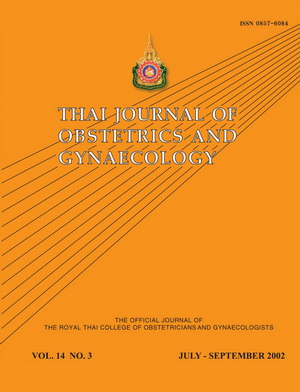Cord Blood Banking
Main Article Content
Abstract
In several genetic, hematologic, and oncologic disorders, reconstitution of bone marrow can be a
potentially lifesaving procedure. Allogeneic (related or unrelated) or autologous (self) bone marrow is the
usual source of hematopoietic progenitor cells to achieve this goal. If autologous marrow is not
available, the best option for successful reconstitution therapy is to secure marrow from a sibling with an
identical HLA match. Close matching is important to achieve successful engraftment and to minimize the
risk of potentially fatal graft-versus-host disease. Unfortunately, there is only a 25% chance for an
identical HLA matching in a sibling. Although the number of patients who receive unrelated donor
marrow transplants each year continues to increase, it is limited by the availability of suitable HLA-compatible.


